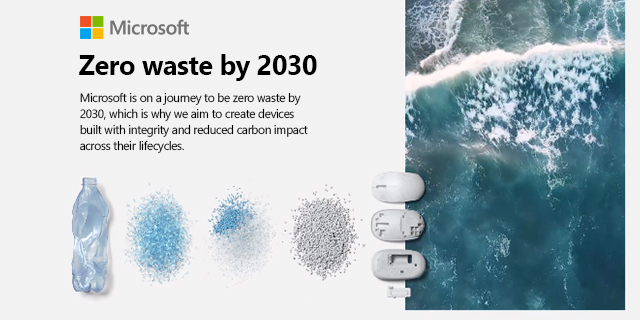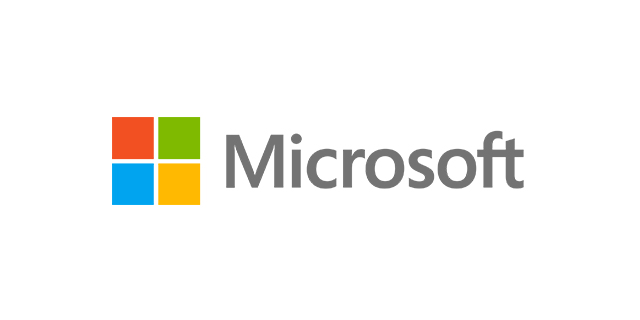Our commitments
Microsoft works to ensure that technology is inclusive, trusted, and increases sustainability.
In 2020, we announced our sustainability commitments and detailed plans for working towards a more sustainable future.
Our commitments
Microsoft works to ensure that technology is inclusive, trusted, and increases sustainability.
In 2020, we announced our sustainability commitments and detailed plans for working towards a more sustainable future.


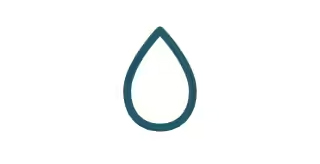

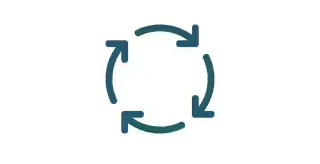



Carbon negative
By 2030, we’ll be carbon negative, and by 2050, we’ll remove our historical emissions since our founding in 1975.
Carbon negative
By 2030, we’ll be carbon negative, and by 2050, we’ll remove our historical emissions since our founding in 1975.
Water positive
By 2030, we’ll be replenishing more water
than we use.
Water positive
By 2030, we’ll be replenishing more water
than we use.
Zero waste
By 2030, we’ll be zero waste across our
direct waste footprint.
Zero waste
By 2030, we’ll be zero waste across our
direct waste footprint.
Protect & preserve
We’ll protect more land than we use by 2025 and build a Planetary Computer.
Protect & preserve
We’ll protect more land than we use by 2025 and build a Planetary Computer.
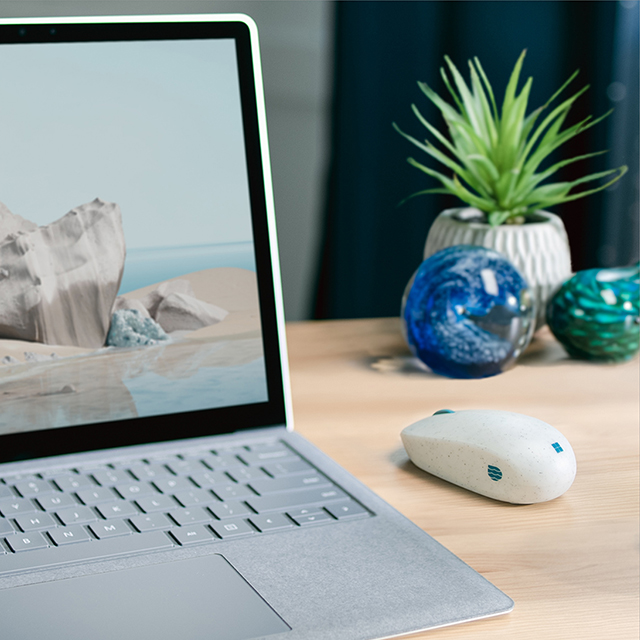
Microsoft Ocean Plastic Mouse
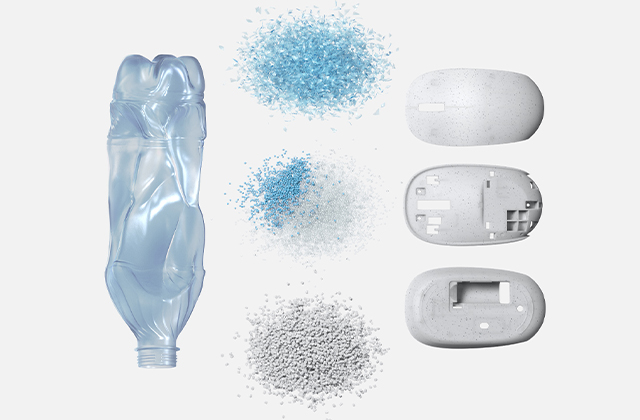
Sustainable materials
Removing plastic waste from our oceans and waterways, cleaning and processing it into resin for the mouse’s 20 percent ocean plastic shell.
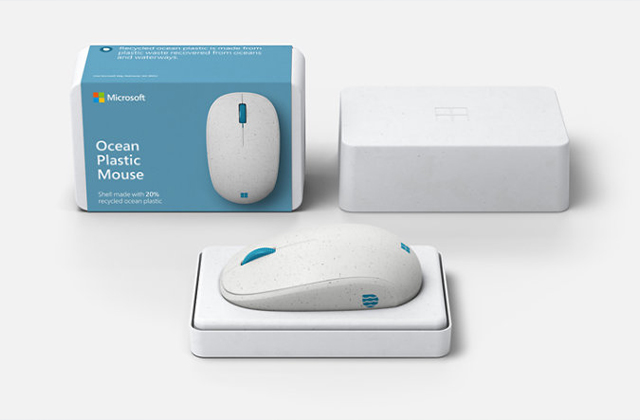
Responsibly packaged
Delivered in sustainable packaging—a small, 100-percent recyclable box that’s plastic free and made from wood and natural sugarcane fibers.
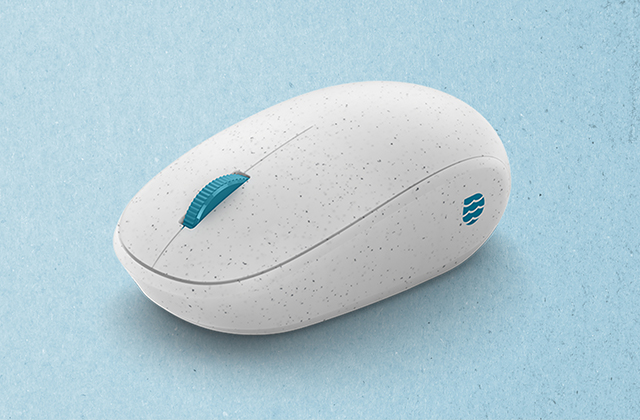
Inspired by the ocean
Includes an exclusive ocean-inspired theme pack to complete your Windows desktop.
From pledges to progress
Facing our planetary challenge requires ambition, action, and accountability. We’re sharing our latest progress, challenges, and learnings to accelerate global progress towards net zero.
Areas of focus:
Carbon
To meet our commitment to be carbon negative by 2030, we’re improving efficiencies; delivering technology to help our customers report and reduce their carbon emissions more effectively; and breaking new ground with carbon removal purchases and investments to help develop the carbon removal markets.
Water
To meet our commitment to be water positive by 2030, we will continue our water stewardship work across our operations. We're also expanding access to clean water and replenishment projects.
Waste
To meet our commitment to be zero waste by 2030, we’re taking an increasingly circular approach to materials management. Our approach includes design and material selection; responsibly sourcing materials for our operations, products, and packaging; and increasing the use of recycled content.
Ecosystems
We’re working towards our commitment to protect more land than we use by 2025. We also introduced a Planetary Computer in 2021, a first step towards providing an efficient, scalable way to monitor, measure, and ultimately manage the impact of our actions or inactions on ecosystems—both globally and locally.
Campuses and datacenters
In each building at every campus and datacenter, sustainability is a key priority for Microsoft across all phases of a project—from site selection to design and construction to operations and decommissioning.
Devices
Sustainability in our devices means looking at the impact that we have on our planet as we design, manufacture, and ship our products—including devices, software, games, and operating systems. It also means considering product usage and end of life.
From pledges to progress
Facing our planetary challenge requires ambition, action, and accountability. We’re sharing our latest progress, challenges, and learnings to accelerate global progress towards net zero.
Areas of focus:
Carbon
To meet our commitment to be carbon negative by 2030, we’re improving efficiencies; delivering technology to help our customers report and reduce their carbon emissions more effectively; and breaking new ground with carbon removal purchases and investments to help develop the carbon removal markets.
Water
To meet our commitment to be water positive by 2030, we will continue our water stewardship work across our operations. We're also expanding access to clean water and replenishment projects.
Waste
To meet our commitment to be zero waste by 2030, we’re taking an increasingly circular approach to materials management. Our approach includes design and material selection; responsibly sourcing materials for our operations, products, and packaging; and increasing the use of recycled content.
Ecosystems
We’re working towards our commitment to protect more land than we use by 2025. We also introduced a Planetary Computer in 2021, a first step towards providing an efficient, scalable way to monitor, measure, and ultimately manage the impact of our actions or inactions on ecosystems—both globally and locally.
Campuses and datacenters
In each building at every campus and datacenter, sustainability is a key priority for Microsoft across all phases of a project—from site selection to design and construction to operations and decommissioning.
Devices
Sustainability in our devices means looking at the impact that we have on our planet as we design, manufacture, and ship our products—including devices, software, games, and operating systems. It also means considering product usage and end of life.
